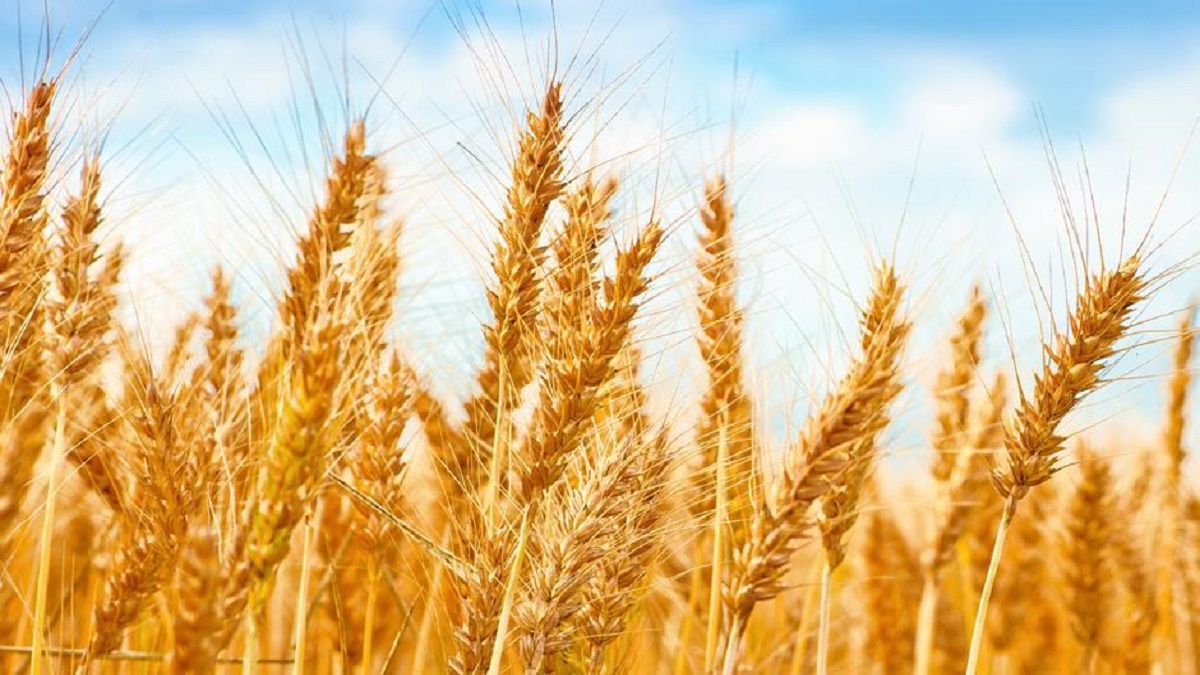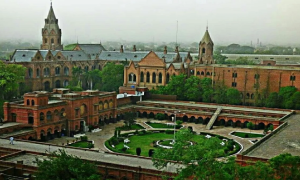The federal government has urged the Gilgit-Baltistan administration to revise the cost of subsidized wheat in a phased, targeted manner and charge market rates to affluent citizens to ensure a sustainable supply. This comes amid criticism over the distribution of free wheat flour in Punjab and Khyber Pakhtunkhwa. The region has already exhausted its Rs8bn annual subsidy as flour sells for Rs12.5 per kg, which is more than ten times lower than the price in the rest of the country. The finance ministry has been critical of the increasing subsidy account amid fiscal reviews with the International Monetary Fund. The ministry has been attempting to contain subsidies while the political government tries to appease the population ahead of general elections.
The finance ministry agreed last week at a meeting of the Economic Coordination Committee (ECC) of the cabinet to provide an additional subsidy of Rs2.9bn to cover the supply cost of 25,000 tonnes to Gilgit-Baltistan for only two months, March and April, to avoid any difficulties during Ramazan due to supply shortages. However, the committee set a condition that the GB government and the Ministry of Kashmir Affairs and Gilgit-Baltistan must reach a consensus on rationalizing wheat prices within a month.
Wheat supply to GB on subsidized rates has been ongoing since the 1970s due to the exorbitant prices of wheat flour in the area. The staple was sparsely cultivated in the region, and transportation was too costly due to underdeveloped infrastructure. However, the difference between the prices of GB’s subsidized wheat and the unsubsidised one sold in the rest of the country has substantially widened over time, as the flour sale price in Gilgit-Baltistan has not been enhanced for quite some time.
The federal government provides Gilgit-Baltistan with about 160,000 tonnes of wheat per year. With the purse in hand, the finance division gives the go-ahead to the Pakistan Agricultural Storage and Services Corporation (Passco) for wheat supplies in a manner that the subsidy should stay within the budgetary allocation. During the current financial year, Rs8 billion was allocated for wheat procurement for GB, but the amount has been fully utilized with around 90,000 tonnes of supplies due to the high cost of imported wheat and increased transport charges.
Read More: Food Security Ministry expects wheat production to rise next year despite flood situation
In view of the situation, Prime Minister Shehbaz Sharif directed the Kashmir affairs and GB ministry to present the case to the finance ministry, which raised concerns about the low sale price of wheat and the untargeted subsidy that reached the rich and the poor alike. The matter was placed before the ECC, which recommended political engagement to pave the way for broader consensus on realistic flour prices. Accordingly, the representative leadership of the region was engaged by Finance Minister Ishaq Dar and the prime minister’s adviser on Kashmir Affairs and GB, Qamar Zaman Kaira, to develop a consensus on the issue.
In a recent meeting of the Economic Coordination Committee, Gilgit-Baltistan’s finance secretary reported that the region’s cabinet had considered the proposal to have a targeted wheat subsidy, and measures were being taken to pass on the actual cost to the affluent segments of society. However, the GB government has yet to make a formal announcement in this regard. The ECC allowed an additional subsidy of Rs2.9bn for 25,000 tonnes of wheat for March and April, and directed Passco to supply wheat to Gilgit-Baltistan immediately and the National Logistics Cell to get engaged for transport at discounted rates.



























